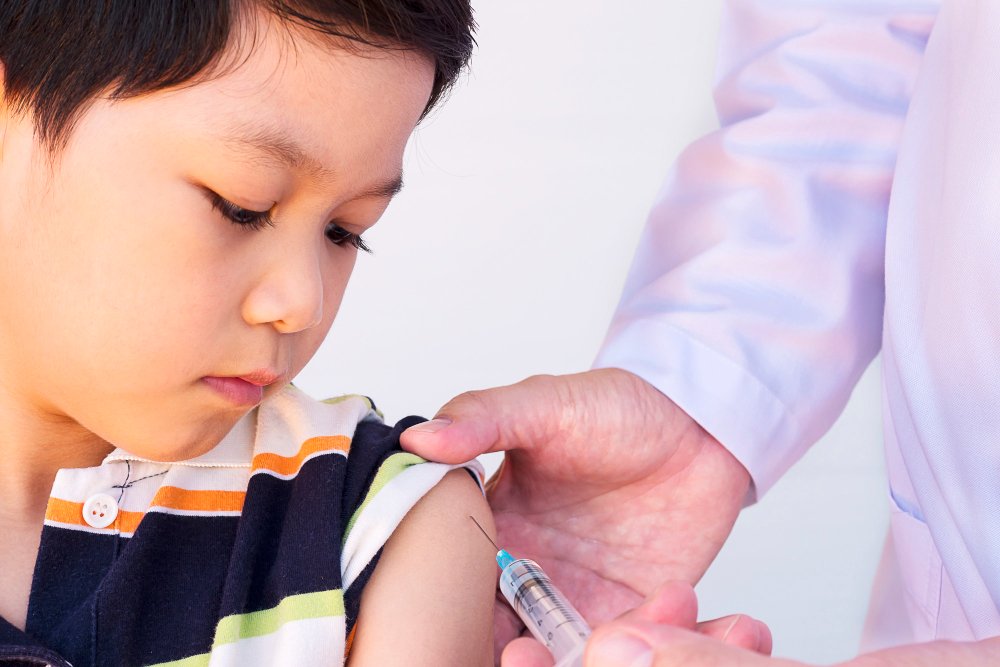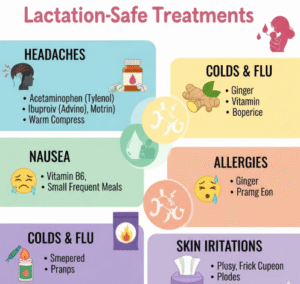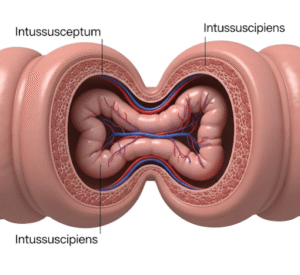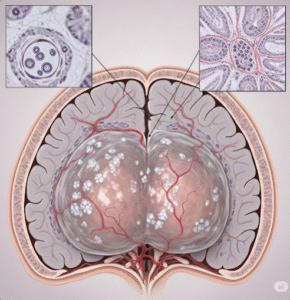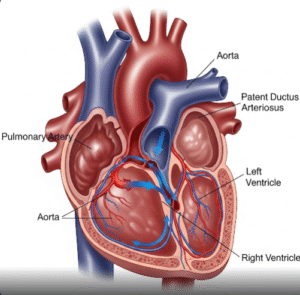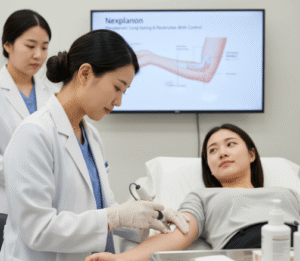Overview
Cholera is an acute diarrheal disease caused by the bacterium Vibrio cholerae. It spreads primarily through contaminated water or food and can lead to severe dehydration and death if untreated. In Korea, cholera is rare today due to advanced sanitation systems, strict public health measures, and modern medical care. However, occasional imported cases and small outbreaks still occur, making vigilance necessary.
What is Cholera?
Cholera is an infectious disease that affects the intestines, producing large amounts of watery diarrhea (often called “rice-water stools”). It can progress rapidly, causing dehydration within hours. While mild cases may resemble common diarrhea, severe cholera is a medical emergency requiring immediate rehydration.
Symptoms
- Sudden onset of profuse watery diarrhea (“rice-water” appearance)
- Severe dehydration (dry mouth, sunken eyes, wrinkled skin)
- Intense thirst
- Vomiting
- Muscle cramps
- Rapid heart rate and low blood pressure
- In severe cases: shock and death within hours if untreated
Causes
- Infection with Vibrio cholerae bacteria
- Consumption of water contaminated with feces
- Eating raw or undercooked seafood from contaminated sources
- Poor hygiene and unsafe sanitation practices
Risk Factors
- Living in or traveling to areas with inadequate water treatment
- Eating raw or undercooked shellfish (especially from brackish waters)
- Poor sanitation and hand hygiene
- Underlying medical conditions (e.g., low stomach acid, weakened immunity)
Complications
- Severe dehydration
- Electrolyte imbalance (leading to seizures, kidney failure, or arrhythmias)
- Hypovolemic shock
- Death (if untreated, mortality may exceed 50%; with treatment, less than 1%)
Prevention
- Drink safe and treated water only
- Wash hands regularly with soap and clean water
- Avoid raw seafood or undercooked shellfish
- Eat food that is freshly cooked and hot
- Use proper sanitation facilities
- Vaccination: Oral cholera vaccines are available and used for travelers or during outbreaks
Treatment Options in Korea
Korean hospitals provide rapid and effective treatment for cholera with a strong emphasis on preventing dehydration.
1. Diagnosis
- Stool culture or rapid diagnostic tests for Vibrio cholerae
- Blood tests to assess dehydration and electrolyte imbalance
2. Medical Treatment
- Immediate rehydration (main treatment):
- Oral Rehydration Solution (ORS) for mild to moderate cases
- Intravenous (IV) fluids for severe dehydration
- Antibiotics (such as doxycycline, azithromycin, or ciprofloxacin) may reduce the duration of symptoms and bacterial shedding
- Zinc supplementation (especially for children)
3. Public Health Measures in Korea
- Rapid reporting and isolation of cases
- Tracing and monitoring of contacts
- Ensuring safe drinking water supply
- Public health campaigns during outbreaks
- Availability of oral cholera vaccines for travelers to endemic areas

